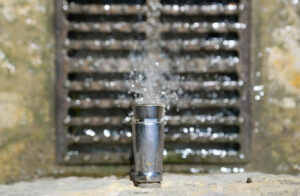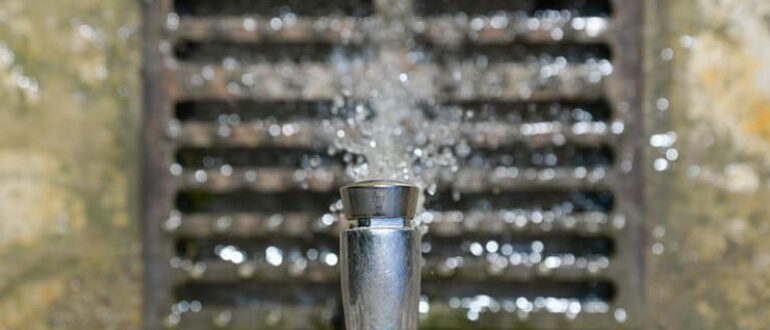The Evolution Of Plumbers
As we’re sure many people would be aware. Plumbing began during Greek, Roman and the Persian Empires. These civilizations developed fittings such as public baths and pipes that could provide drinkable water as well as rid themselves of wastewater and sewerage. Most of their creations came from the need to provide these services to large numbers of people.
It is estimated these pipes were installed around 2700 BC. The Romans would also mark their pipes with inscriptions to prevent theft.

The Romans were the first to really push this work to its limits. They included expensive and complicated systems. These systems included aqueducts, pipes that removed waste-water and the introduction of lead pipes
As the Roman empire fell. The pipes were left unused. The water inside of them caused the pipes to stagnate and rot. No more improvements came until the 1800’s.
That’s because during the 1800’s. The authorities of public health began pushing for newer and improved systems to be installed. Systems such as
- Disposable waste systems
- Superior lead piping
- Water cleaning plants
- Water storage plants
- Dams
Pipe-Fitter’s Skills
They believed these upgraded installments would help subdue a large amount of disease that was spreading through their towns. Prior to these installments, their waste management system had involved collecting waste in buckets from homes and dumping it in a nearby river – This obviously caused problems as some citizens still drank from this river.
The eventual upgrades prevented this from happening. (very different to what is now going on in St.Kilda)
In the current day and age, all 1st world cities pipe away human waste to treatment plants. They do this to segregate different types of waste. And in some instances, send water to desalination plants – where human waste can be turned into drinkable water.
Certain types of iron were first used in the USA for pipes until 1960. Later on, copper piping was used.
We hope you enjoyed this article!

